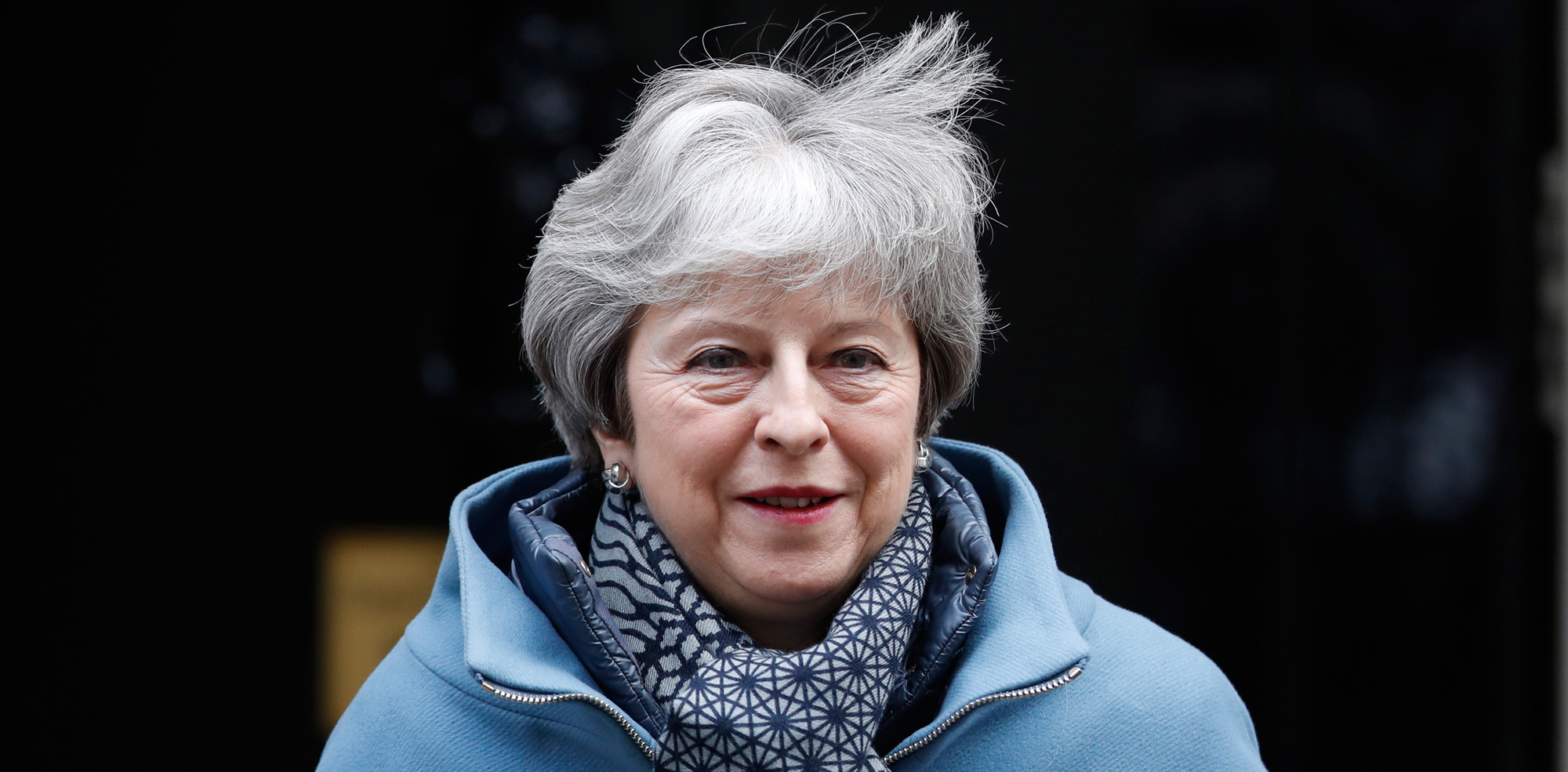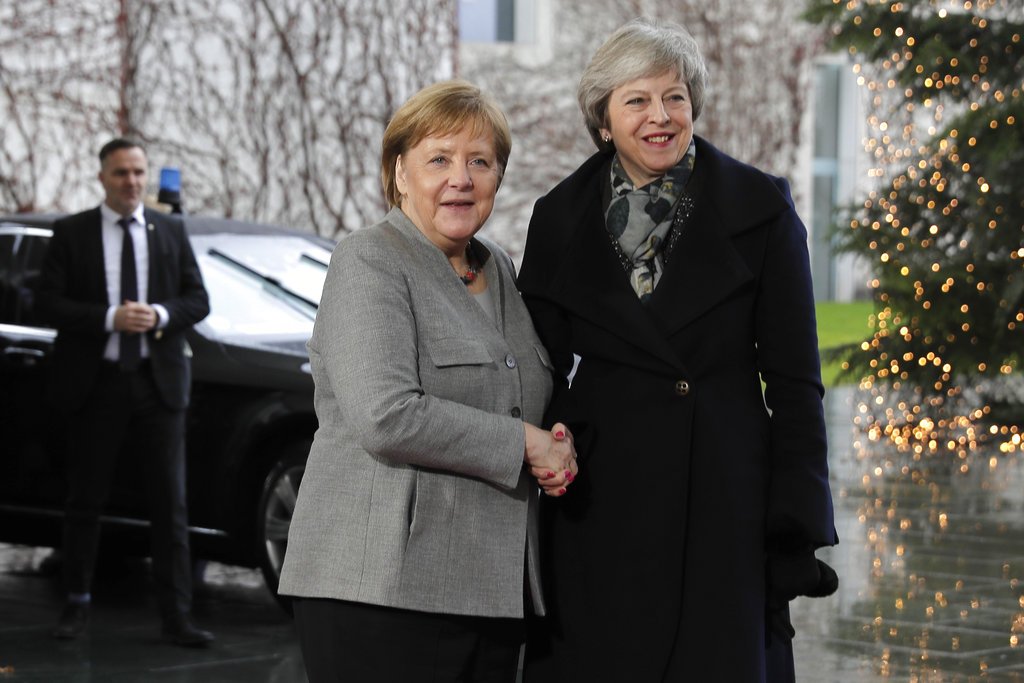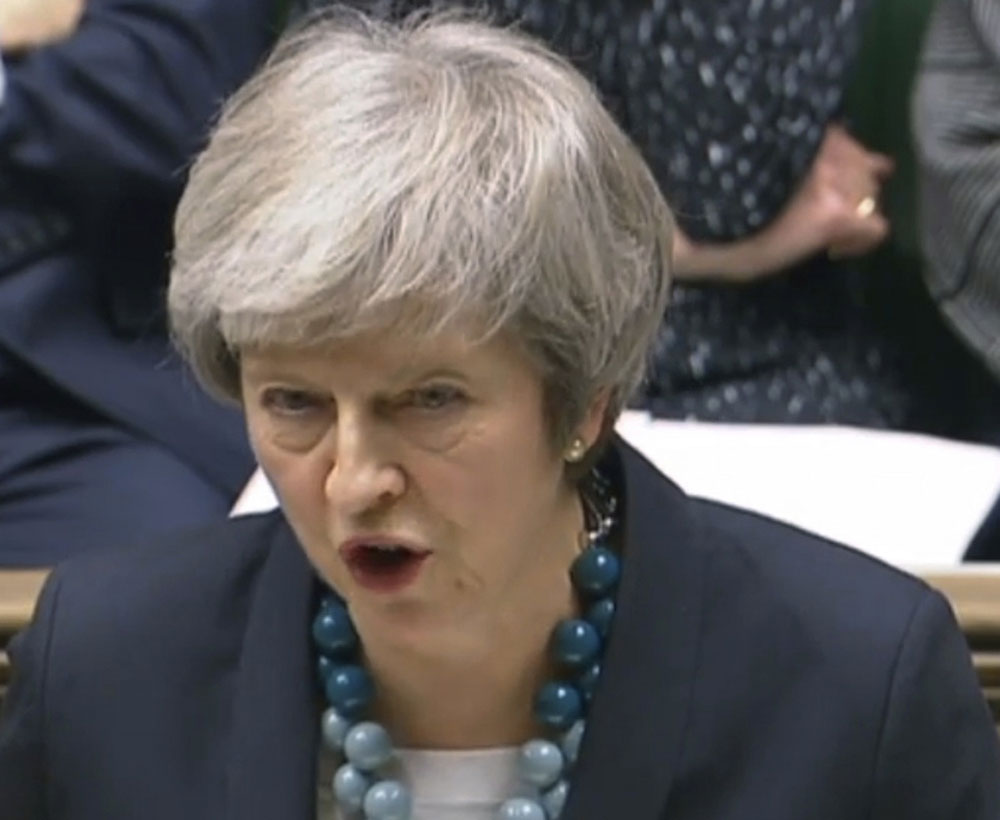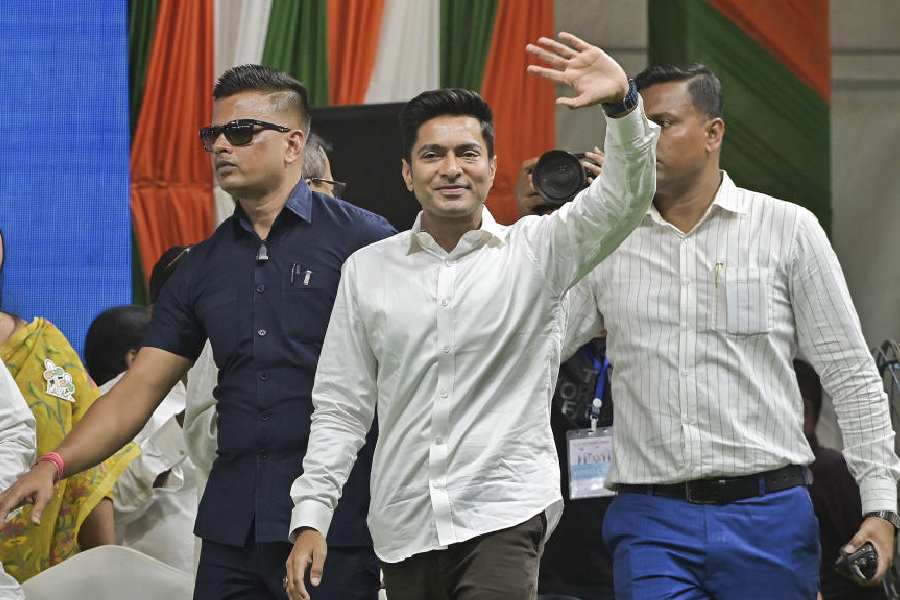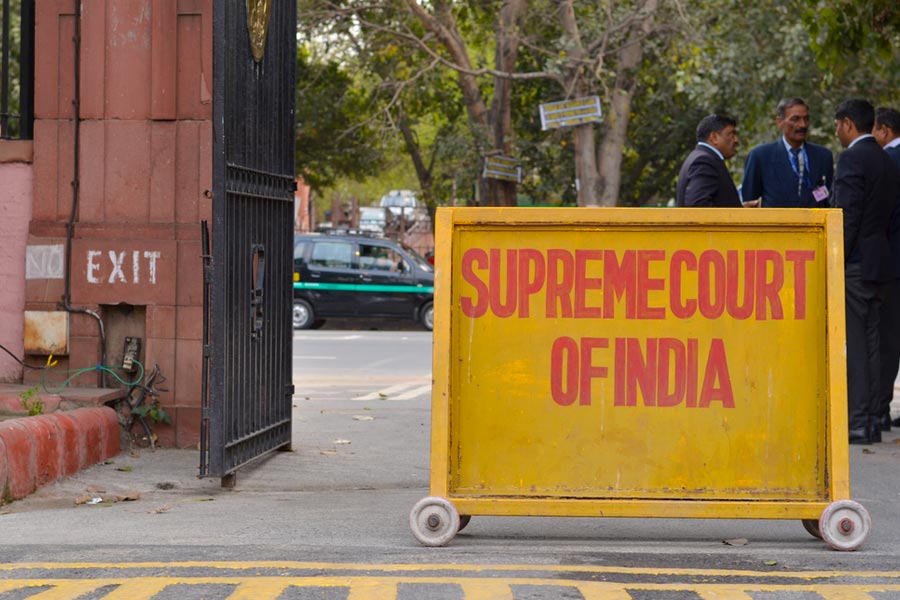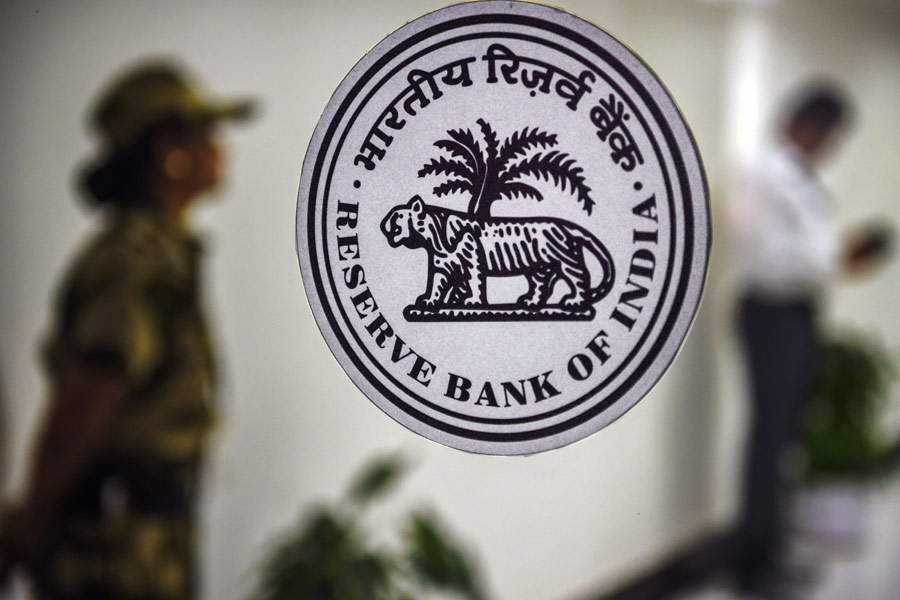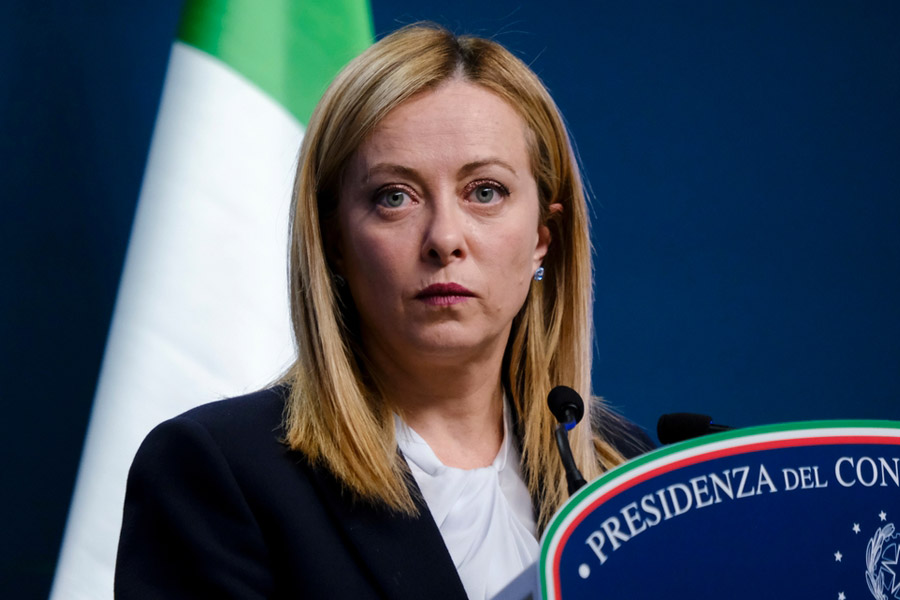Here we are in 2019. The country is at war with itself and the so-called ‘meaningful vote’ in the House of Commons on the prime minister’s Brexit “Withdrawal Agreement” was a defeat of historic proportions for her and her government. No one expected a government victory, but the scale of the thing was remarkable. It is hard not to wonder whether it is worth writing anything more as the saga goes on rather than wait for a decade or two to take stock of the damage done to the country from which by then we can only hope there may be small signs of recovery.
It all started, didn’t it, with David Cameron’s hubristic determination to be the leader who brought the Conservative Party back together? The Conservative Party has rarely, if ever, been of one mind, split over the Corn Laws in the mid-19th century, Ireland, free trade and then at last entry into the European Economic Community — the ‘common market’ — over 45 years ago. The unhealable wound between opposing wings of the party and the people has grown deeper every day since Cameron’s attempt to stitch it together by handing the decision- making over to the people and allowing their representatives to conjure meretricious castles in the air in their scrabbling for personal power over and above a pragmatic view of what might properly inform the people’s decision.
The hysterical rhetoric had already created huge divisions before the relatively inconclusive results of the referendum. As it continued over the past two-and-a-half years in and out of Parliament, they have become entrenched. Harder-than-usual lines have been created between two parties led on both sides by people not up to the job. Theresa May has stood blinkered by the mantra of delivering on the will of the people that has been her lifebelt to cling to power. She has no breadth of thinking, no apparent sophistication and understanding of nuance and her process has become ever more heavily graven in black and white in recent weeks. Jeremy Corbyn is a third-rate politician, who should never have become leader of a national political party — stand him against the great figures in the Labour’s past, can you see him at all? Until very lately, the grown-ups who do still remain in Parliament seem to have been stunned, publicly at least, into silence by the awful daily spectacle. Now, they need to wake up and take charge to get us out of this mess.
It seems extraordinary in a time of national crisis that it is only now that May speaks of cross-party talks. What on earth is going on? Unless I have misread every political biography, politicians here have always talked to one another and at the highest level. Diaries are littered with telephone calls or meetings among prime ministers, leaders of the Opposition and whoever else might be brought in to give a sensible opinion on getting the country out of a difficult situation. Not these two leaders though, and it’s hardly surprising when you look at them digging their individual holes ever deeper: one called ‘the will of the people’, the other lined with the remnants of the red flag.
We know there are cross-party groups that have been talking to one another, of course. I’m ignoring the lunatic ‘No Dealers’; I mean the proper people, ‘Remainers’, yes, but the ones who know that above all else, stay or go, what must be avoided for the good of the country is ‘No Deal’. The Speaker, John Bercow, has changed parliamentary precedent in his efforts to avoid that disaster at all costs and those who would stand with him are stiffening their spines. If Bercow really has a vision of himself as another Speaker Lenthall who defied Charles I, as the Brexiteer press screams hooray, I say it is a perfectly respectable precedent to stand on to uphold the power of Parliament (and the people) against a malign or inept executive.
All that be as it may, those on the side of right have to follow his lead and act now. We must hope there is already a level of cohesion and unity of thought amongst them. First of all, Article 50 must be extended. Ideally, Article 50 should be thrown out and we can go back to the beginning but we aren’t there yet and shouldn’t hope for too much at the moment. It has, however, to be extended; there is no chance of proper negotiation within Parliament or with the EU unless there is more time. Now events are still moving apace. The confidence vote was the first. Theresa May has survived it, at which point Parliament has to press for the extension regardless of the hard-line opposition. What happens then? Parliament has to express a convincing view of the next move as regards further European negotiation. Then, who knows? We may yet end up with another ‘people’s vote’ to prolong the agony. Ultimately, it is hard to imagine there will not be an election or perhaps this performance will go on long enough to reach the next statutory election anyway with a new leader already in place in the Conservative Party and perhaps in the Labour Party too. It is also hard to believe Corbyn maintaining his popular appeal in the face of his inability to say what he really thinks about anything, especially Brexit.
Maybe, with or without Brexit by whatever means, the present situation will lead to such a meltdown of our divided political parties that the long view of history will see a metamorphosis in our present party system. If May had lost the confidence vote, followed by another in 14 days, there would have been an election shortly. In which case the parties, as they stand divided, would seem almost irrelevant. Should MPs then stand as Independents? Just over 100 years ago, in the 1918 general election, the ‘Coupon’ Election, the first in which women could vote, candidates who supported the coalition government and the leadership of Lloyd George, the Liberal prime minister, and Bonar Law, the Conservative leader, were sent letters of endorsement signed by both men. Unendorsed Liberal candidates, who were supporters of H.H. Asquith, the official Liberal leader, received no endorsement and the coalition won easily. The Conservatives were the largest party although they remained in coalition under Lloyd George until 1922, during which time my Conservative great great grandfather was First Lord of the Admiralty.
The 1918 election was the last hurrah of the Liberal Party as a major political force in this country.

